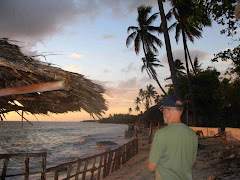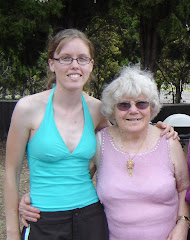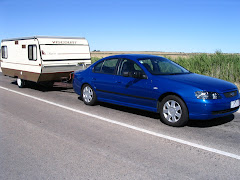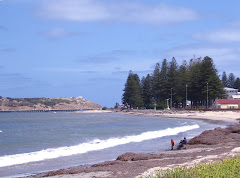Church and Sundays go hand in hand for the half of the population of Tanzania
 that are Christian. Its what you do! From the small Corps in the tin shed at Kipunguni to the large Moravian church the has 2 congregations of over 300 on a Sunday morning or the AOG style church with its keyboard, guitar and singers whose African service is translated from English into Swahili, there is joy and sincerity in their worship. We have worshipped in 5 different congregations since arriving in Tanzania – 3 Salvation Army, 1 Moravian, and 1 AOG style. Each has accommodated us as English speakers with a translation of some form.
that are Christian. Its what you do! From the small Corps in the tin shed at Kipunguni to the large Moravian church the has 2 congregations of over 300 on a Sunday morning or the AOG style church with its keyboard, guitar and singers whose African service is translated from English into Swahili, there is joy and sincerity in their worship. We have worshipped in 5 different congregations since arriving in Tanzania – 3 Salvation Army, 1 Moravian, and 1 AOG style. Each has accommodated us as English speakers with a translation of some form.In Mbeya you walk, catch a crowded bus (daladala) or if you are one of the privileged few - drive to church. It see
 ms like Sunday mornings is one of the busiest times to be out. (Mbeya doesn’t have many Moslems even though half of Tanzania’s population is Moslem.)
ms like Sunday mornings is one of the busiest times to be out. (Mbeya doesn’t have many Moslems even though half of Tanzania’s population is Moslem.)Singing, (including a number of choirs per service), with beautiful harmony, perhaps with a choir leader and a drummer, have featured in most of the worship we have enjoyed. Some of the singing, especially at the Moravian church, included old hymns sung in Swahili and in the Winners Church (AOG), they sang one chorus, (He is a Mighty God), in English. The choirs on a number of occasions danced from their seats to the front where they sang as they moved together to the music.
Tanzanian preachers are animated, and if amplified, can be quite loud. The expectation is for long sermons and longer services than we are used to. Last week we had a 3 ½ hour service, the longest we have experienced here. The first hour was just music – probably partially to give people time to arrive. There are no bus timetables here. The bus runs when it is full. People walk varying distance to get to their church. As with us they may pass near a number of other churches before they get to their’s. And there area an abundance of churches of all sizes and varieties here in Mbeya. A walk around our small block takes you past 4 plus a mosque. And there are many more nearby.
Prayer is alive and vibrant in these churches. A number of times in the service, and this was across denominations, everyone would pray fervently at the same time. This was for a number of reasons I guess, but I noticed that when praying for others this was often the case. Each would pray their own prayer, and a loud muddle of words but clear and sincere requests, no doubt, would be wafting up to God at these times. Life is fragile here. Daily food is not guaranteed. Worship and thankful praise are part of life.









